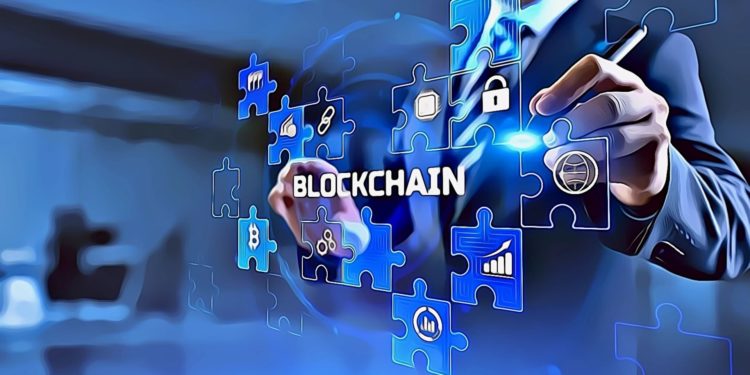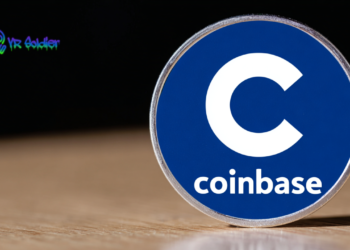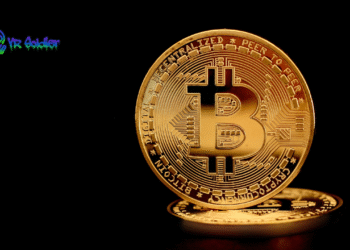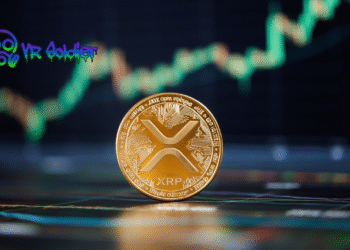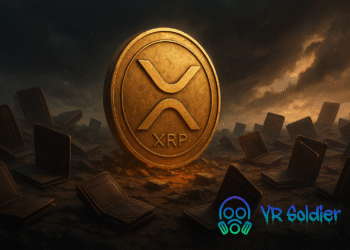To equip the next generation with the required skills and knowledge for the digital age and to prepare them for it, the crypto and blockchain industries must be integrated into the educational system. Although there may be criticism of these new technologies, it is similar to the mistrust that the internet encountered in the beginning. Similar to how the internet has ingrained itself into our daily lives, blockchain and cryptocurrency technologies have the power to reinvent numerous industries as well as our social and economic structures. Here are a few explanations for why the educational system ought to adopt and use these technologies:
Technological literacy: With the increasing prevalence of cryptocurrencies and blockchain, it is essential for students to develop a solid understanding of these concepts. Incorporating crypto and blockchain education will foster technological literacy, ensuring that students can make informed decisions, navigate the digital landscape, and become active participants in the evolving global economy.
Career opportunities: The crypto and blockchain space offers a wide array of career opportunities, ranging from software development to finance and cybersecurity. By introducing these topics in education, students can explore these career paths early on and acquire the necessary skills to excel in these fields, ultimately contributing to economic growth and innovation.
Financial literacy: The rise of cryptocurrencies has brought attention to financial systems and decentralization. By educating students about crypto and blockchain, they can develop a deeper understanding of financial concepts, such as digital currencies, smart contracts, and decentralized finance. This knowledge will empower them to make informed financial decisions and navigate the evolving financial landscape.
Innovation and entrepreneurship: Crypto and blockchain technologies have unleashed a wave of innovation and entrepreneurial opportunities. Integrating these technologies into the education system will foster creativity, critical thinking, and problem-solving skills among students. They will be encouraged to think outside the box, identify real-world problems, and develop innovative solutions using these technologies.
Digital citizenship and ethics: With the decentralized nature of blockchain and the potential for disruptive applications, it is crucial to educate students about responsible digital citizenship and the ethical implications of these technologies. By incorporating discussions about privacy, security, and ethical considerations, educators can equip students with the knowledge to navigate this new technological landscape responsibly.
Disclosure: This is not trading or investment advice. Always do your research before buying any cryptocurrency or investing in any projects.
Follow us on Twitter @thevrsoldier to stay updated with the latest Metaverse, NFT, A.I., Cybersecurity, Supercomputer, and Cryptocurrency news!
Image Source: murrstock/123RF // Image Effects by Colorcinch

